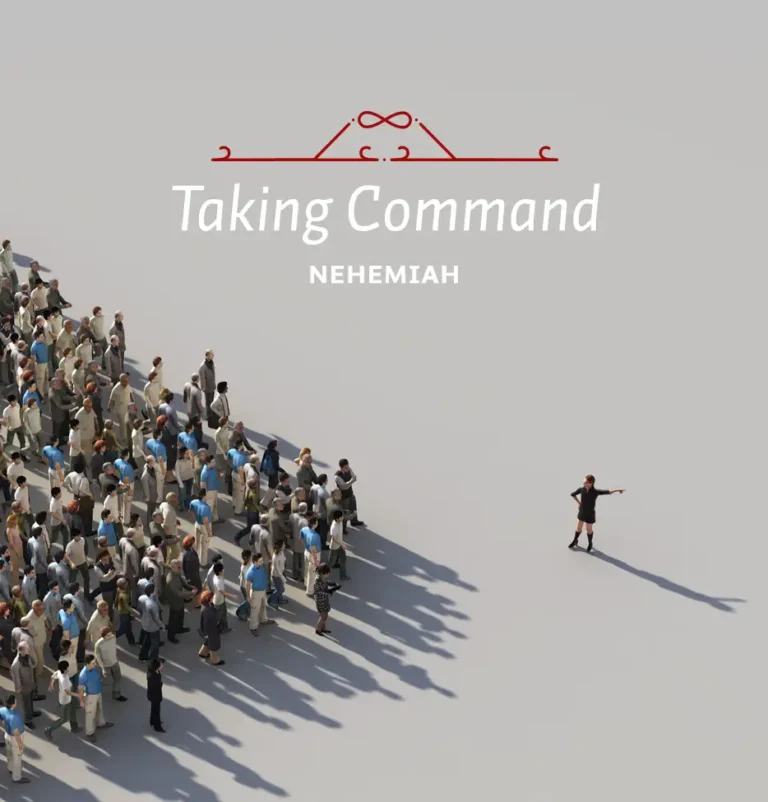
Monday: The Need for True Leaders
Many people whose stories are told to us in the Bible were leaders. We usually think of the Bible as a book concerned only with the common man, or with the lowly or disadvantaged, and it is true that it is. But that is only part of the story. For one thing, many of these “lowly” or “disadvantaged” people became leaders nevertheless. The New Testament apostles are examples. Besides, there are the recognized giants like Abraham, Moses, Joshua and David, who were leaders all the way. Much of the biblical story is about these outstanding people.
















